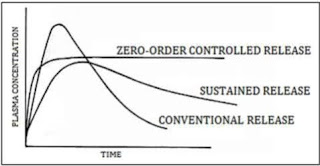Difference Between Acute and Chronic Inflammation
Definition
Acute Inflammation: Acute inflammation is the early (short-term) response of the body to adverse stimuli.
Chronic Inflammation: Chronic inflammation is an inflammatory reaction that lasts for months or years.
Specificity
Acute Inflammation: Acute inflammation is not specific.
Chronic Inflammation: Chronic inflammation is specific, it involves acquired immunity.
Etiology
Acute inflammation: Acute inflammation is part of the response of the body tissues to physical and chemical damages, pathogen invasion, tissue necrosis, etc.
Chronic inflammation: Chronic inflammation is part of the response of the body tissues to prolonged irritation of chemicals; foreign particles – dust, surgical thread, etc.; infection by microorganisms that cannot be overcome for a long time by the body – tuberculosis, syphilis, brucellosis.
Immune cells
Acute inflammation: The following immune cells are involved in the acute inflammation process: dendritic cells, Kupffer cells, histiocytes, resistant macrophages, mast cells.
Chronic inflammation: The following immune cells are involved in the chronic inflammation process: macrophages, neutrophils, lymphocytes.
Response
Acute inflammation: In acute inflammation develops the so-called “triple response of Lewis: (1) redness, (2) increased blood flow and (3) edema.
Chronic inflammation: The response in chronic inflammation includes fibrosis and angiogenesis.
Cardinal signs
Acute inflammation: The cardinal signs of acute inflammation are pain, heat, redness, and swelling.
Chronic inflammation: Chronic inflammation occurs without cardinal signs.



Comments
Post a Comment
Thanks